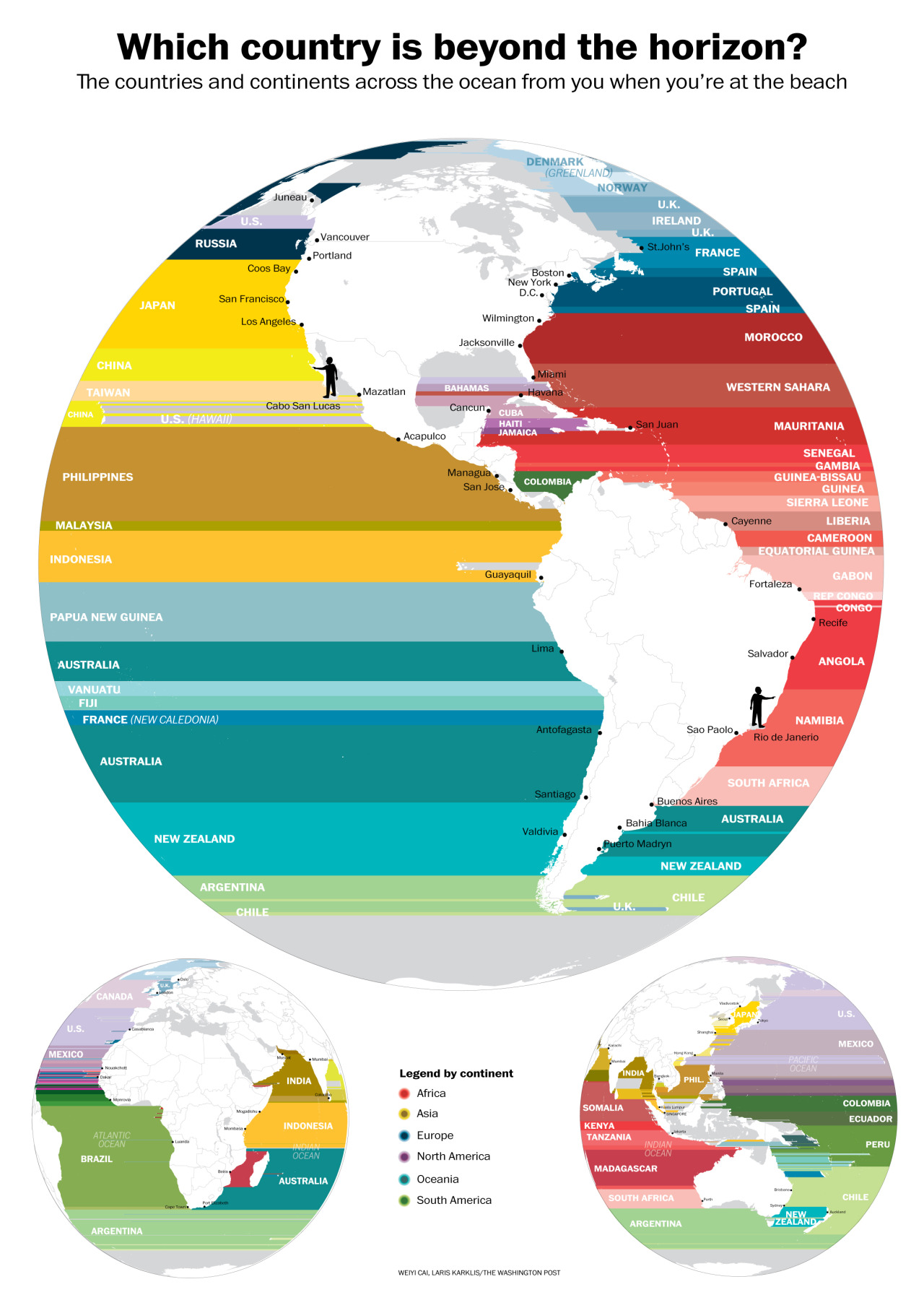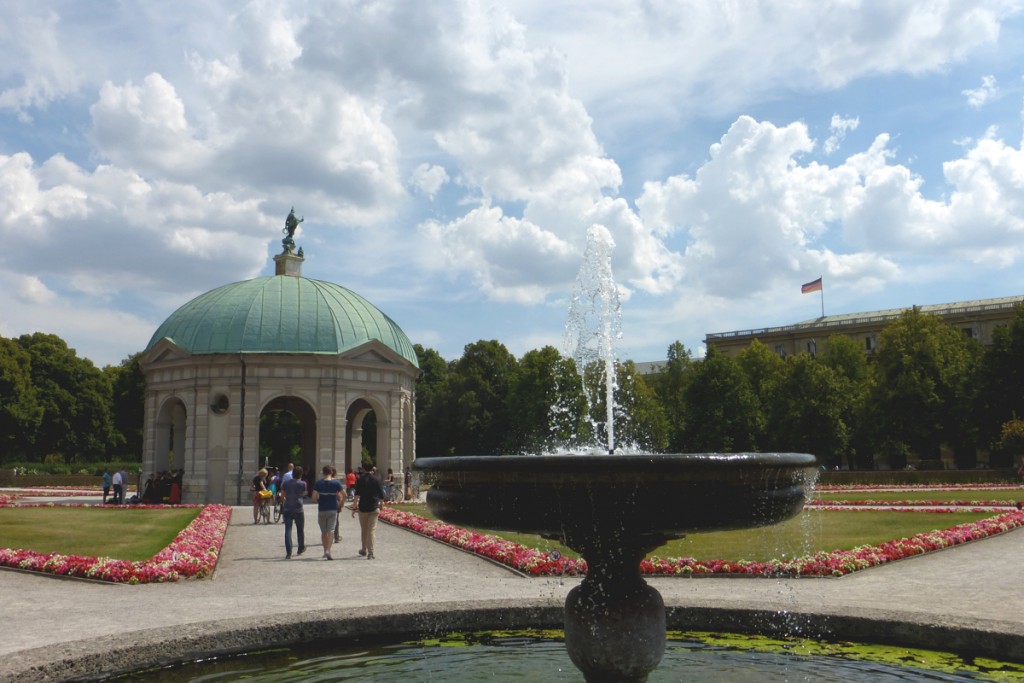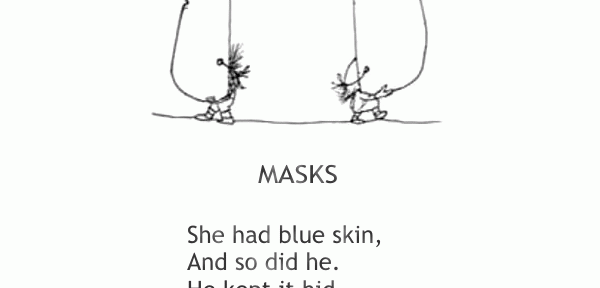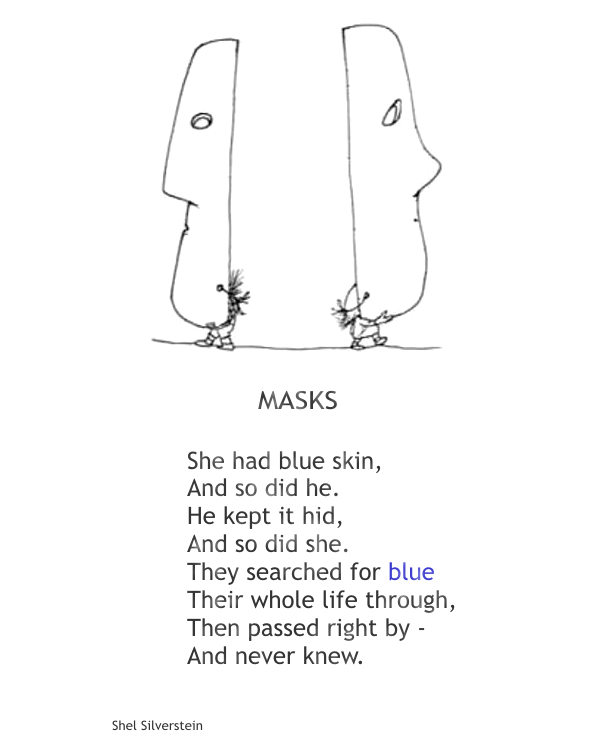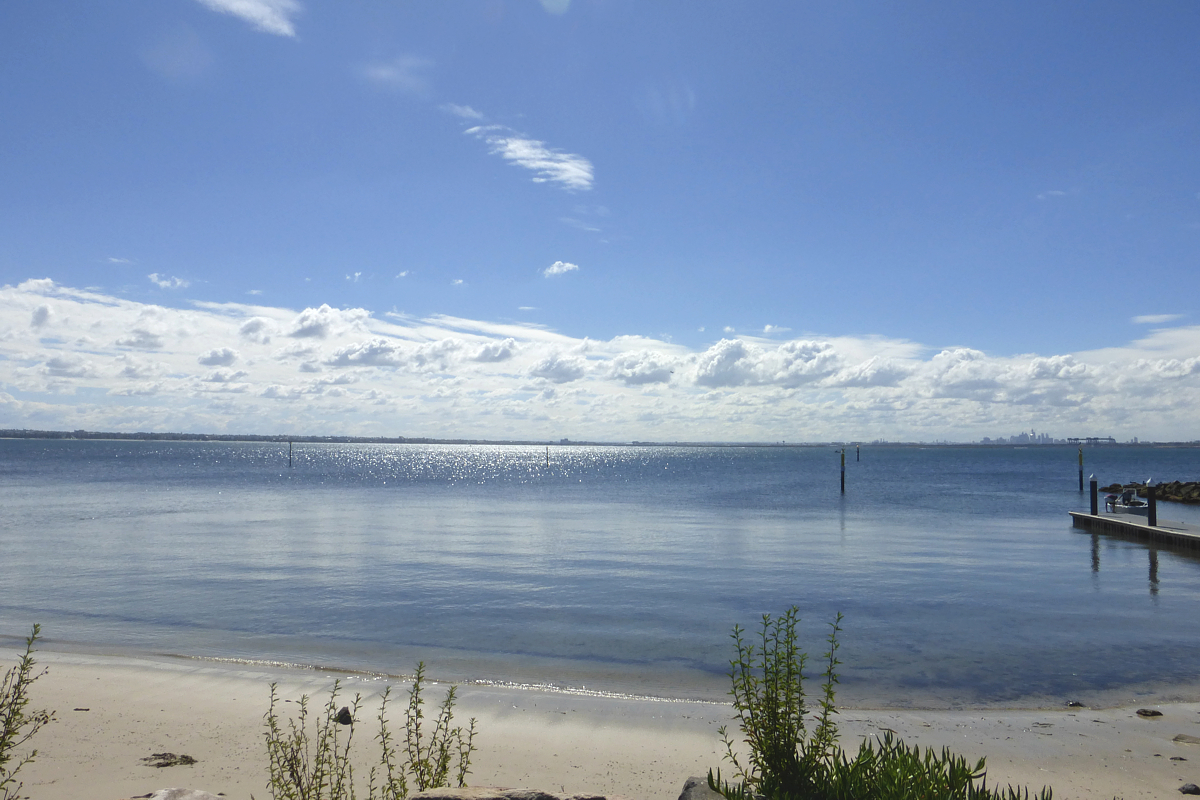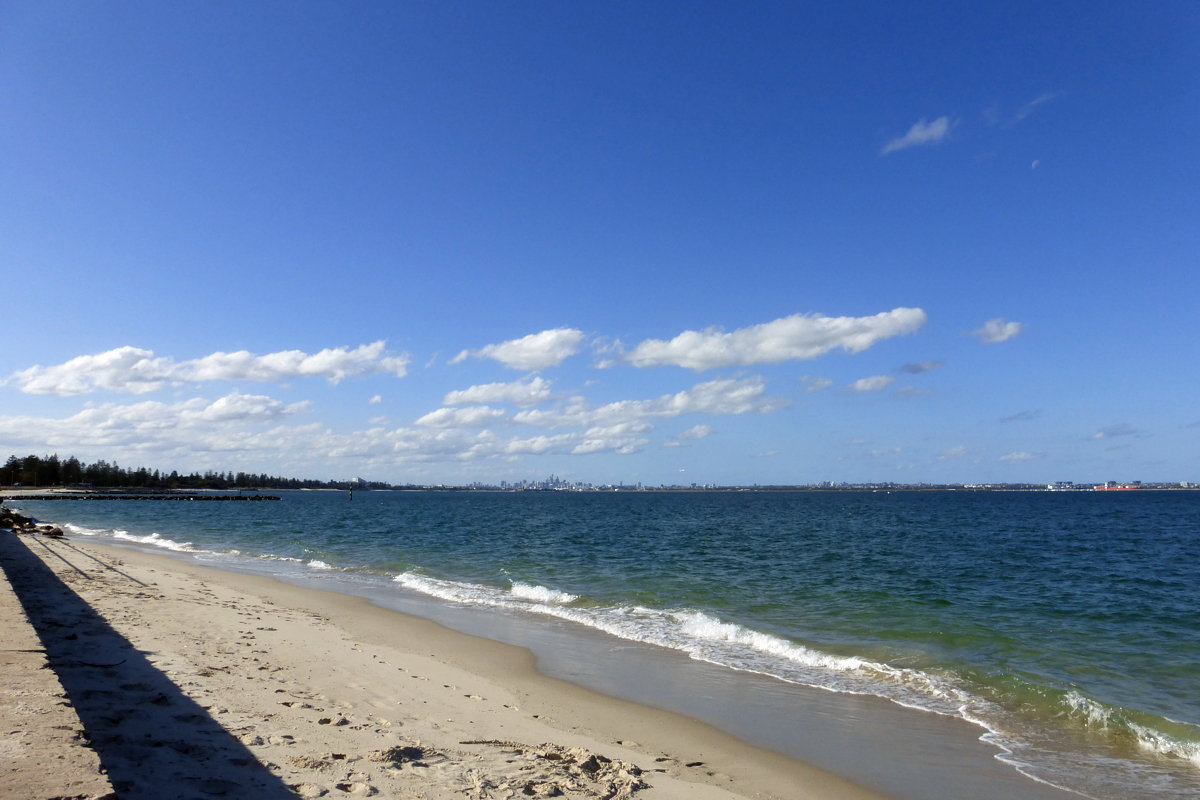I don’t believe in Astrology, or horoscopes. But what I thought the other day is that if China is one of the few cultures that went on for millennia without major interference or change, their long term observations have been closely colported and transcribed over generations and generations. So if they say that every 12th generation certain character traits in humans reappear, I actually consider that a possible proposition (not sure if true tho).
When I look at generations now, at grandma, mum, daughter, child, and see how certain personal qualities or peculiarities jump over one or two generations, I consider it possible that, if you made this real research and monitored long term data of psychological evaluations and references, you might get to the conclusion that very particular human traits reappear every 12th generation.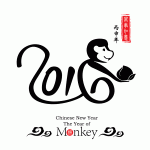 Mind you I am not trying to make the case for snake oil sellers here, but question what the basis for this widely accepted and longstanding compartmentalising might be.
Mind you I am not trying to make the case for snake oil sellers here, but question what the basis for this widely accepted and longstanding compartmentalising might be.
Continue reading “Long term observe”

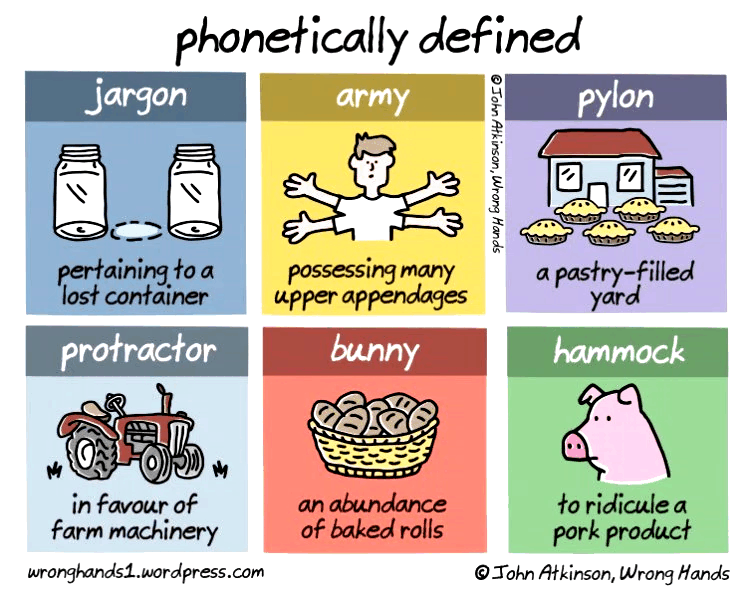
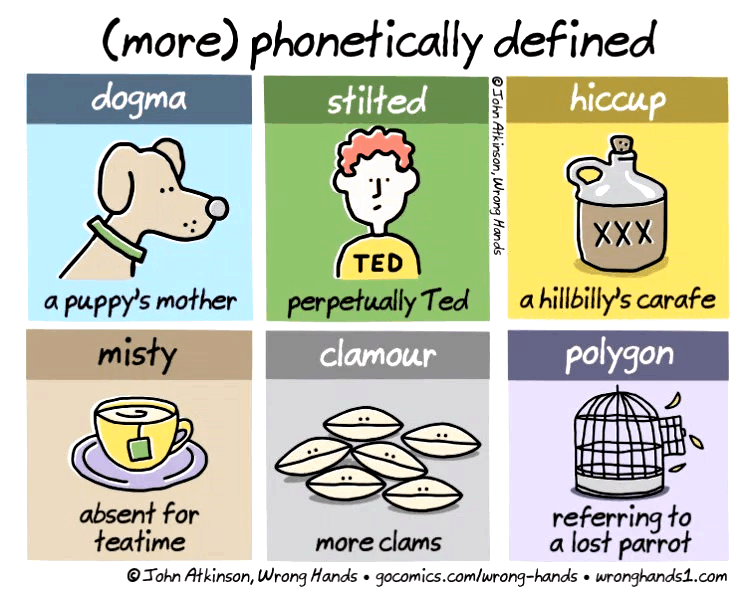
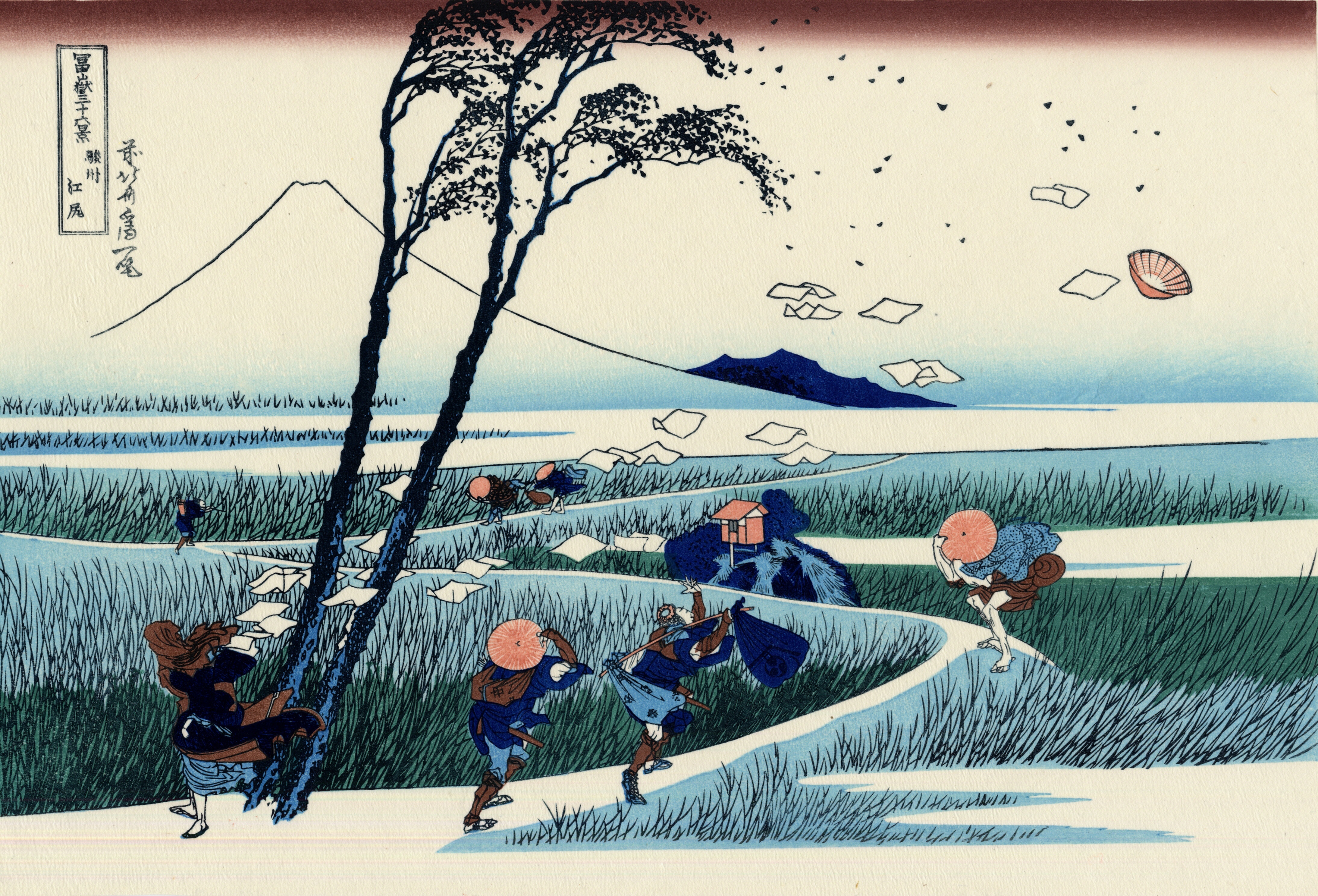 Ejiri in the Suruga province
Ejiri in the Suruga province
